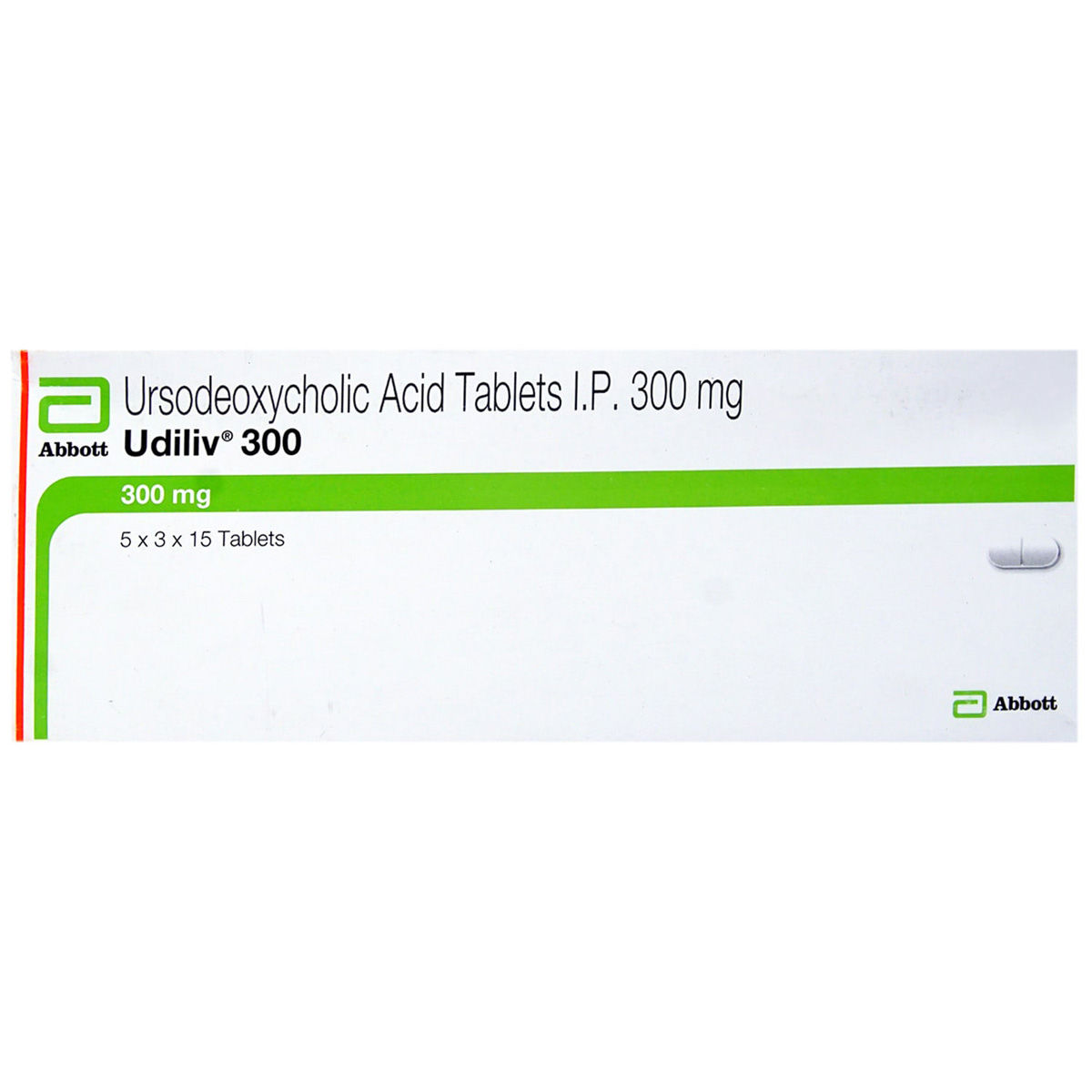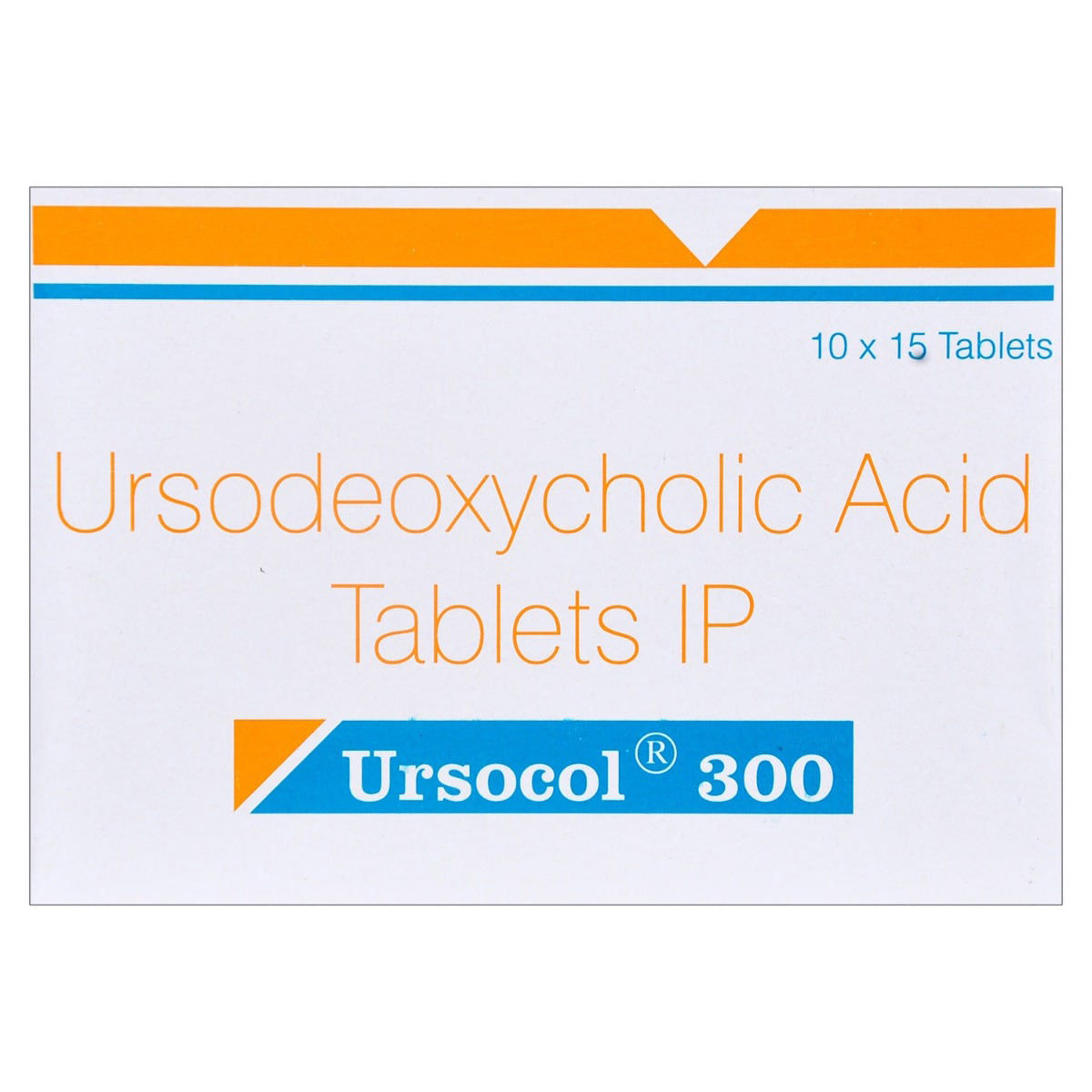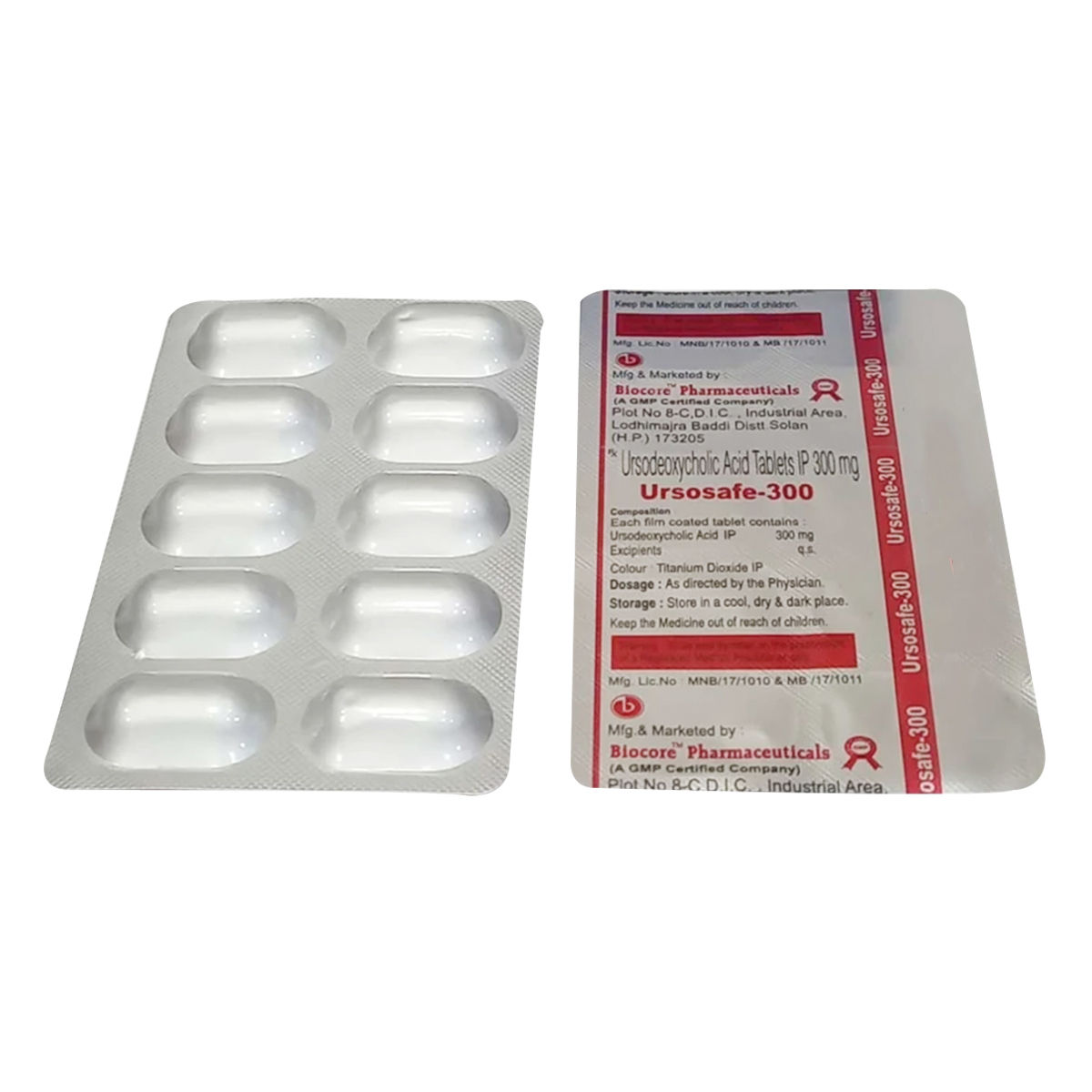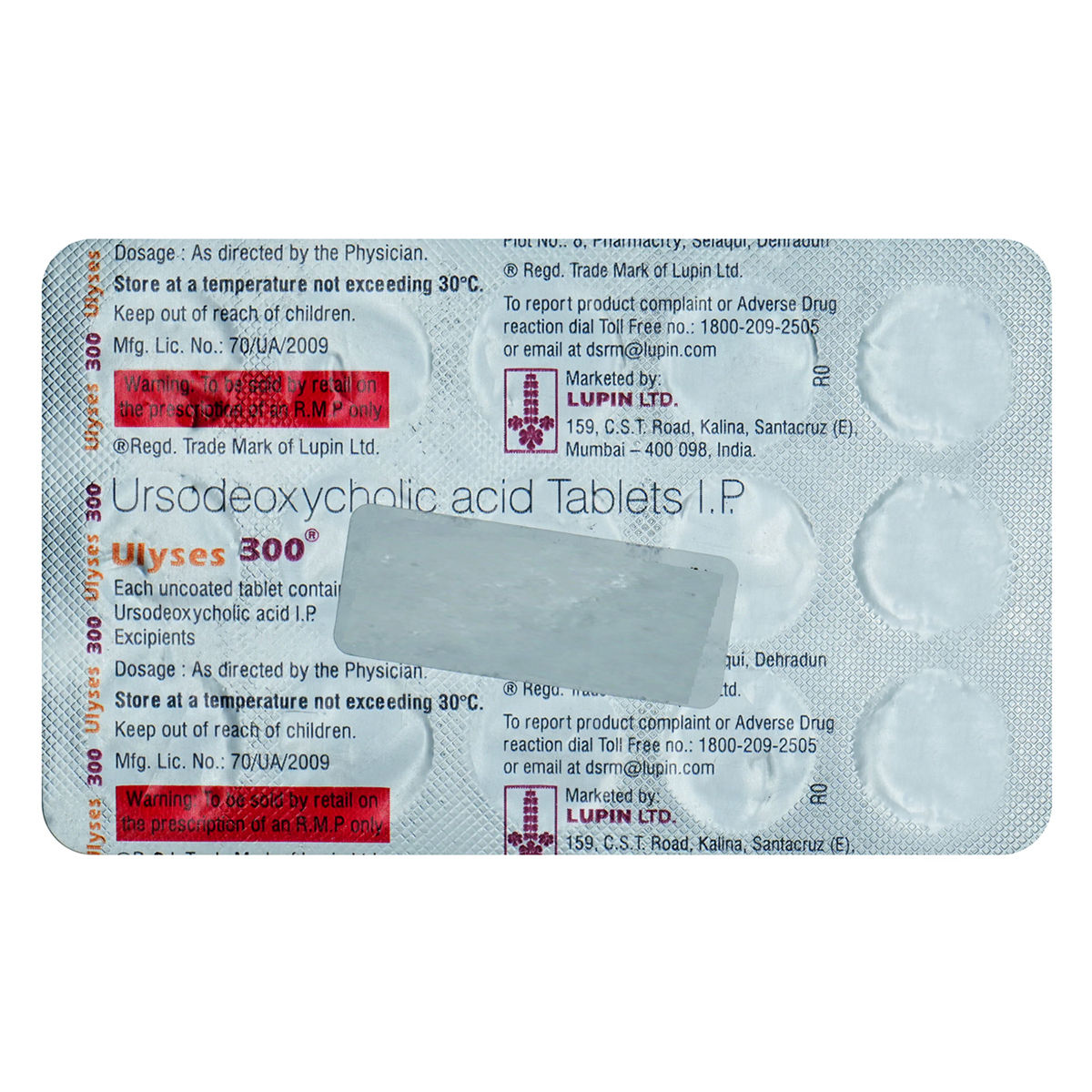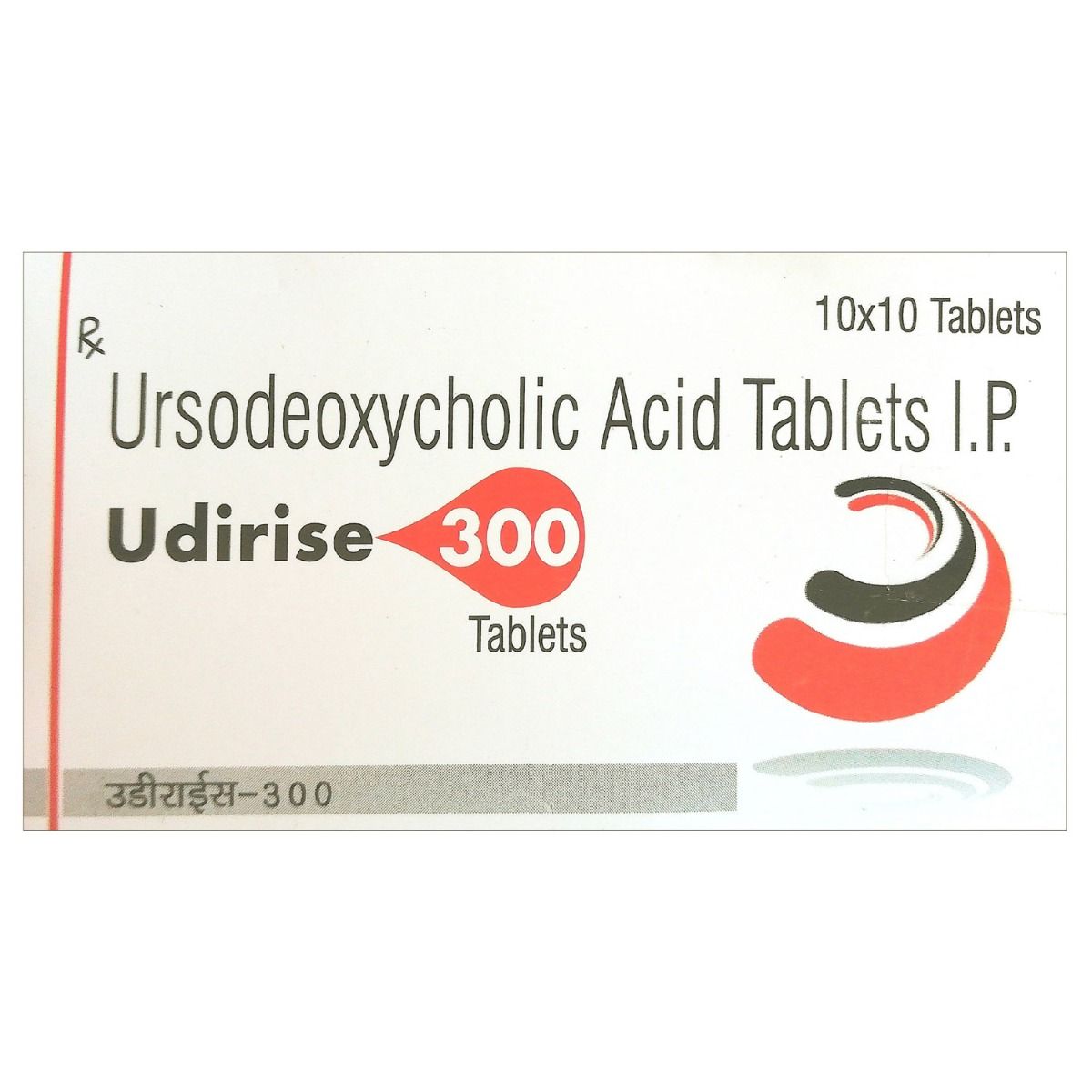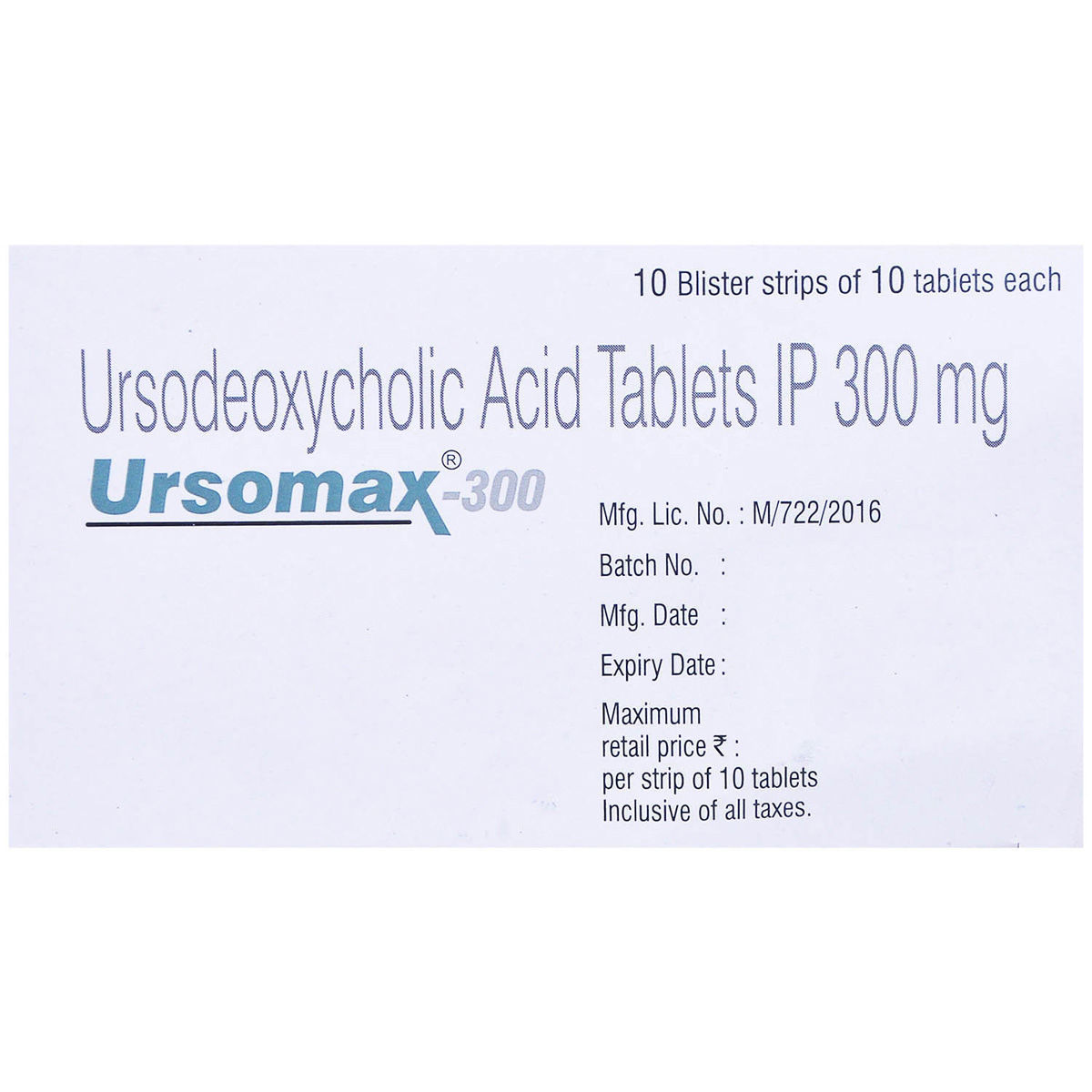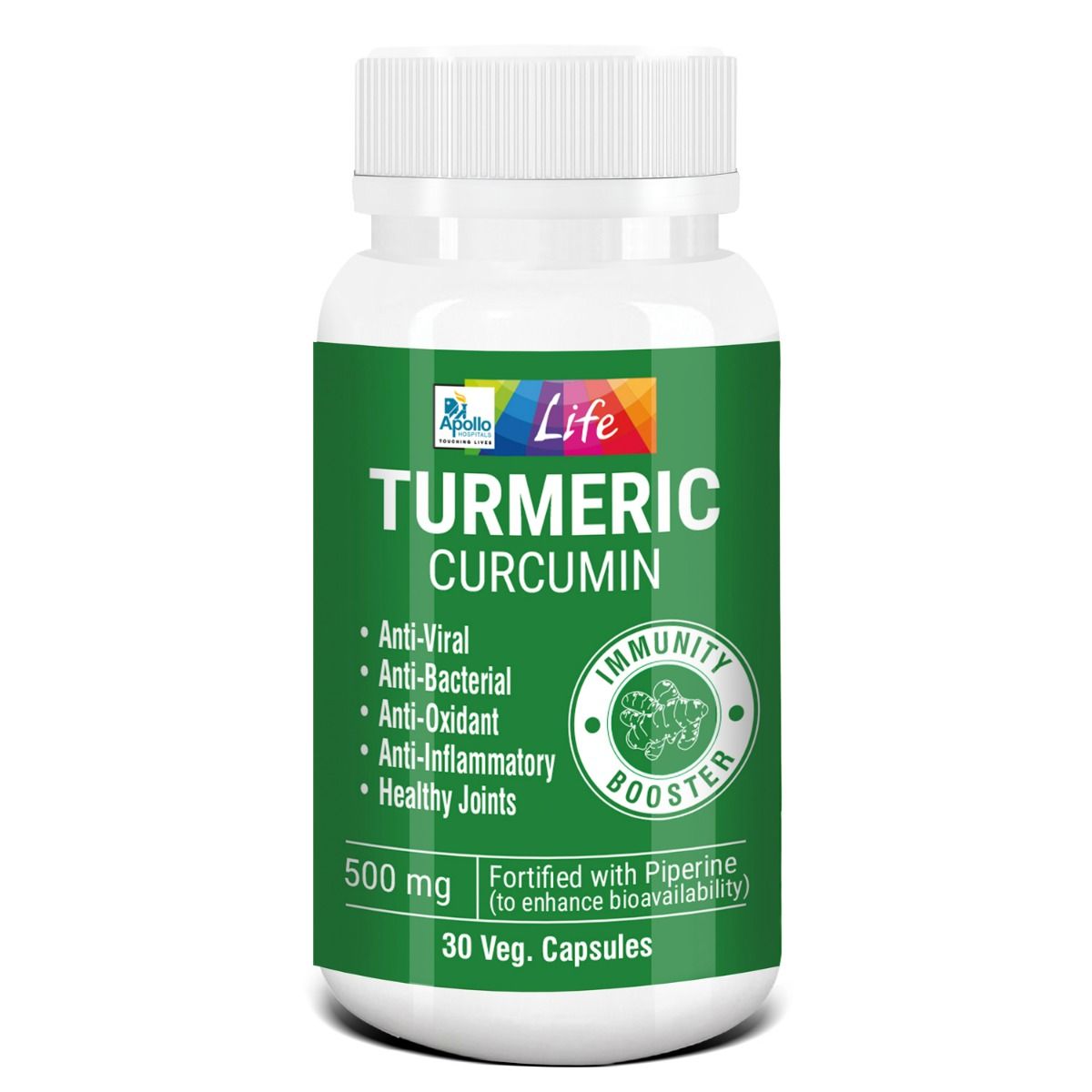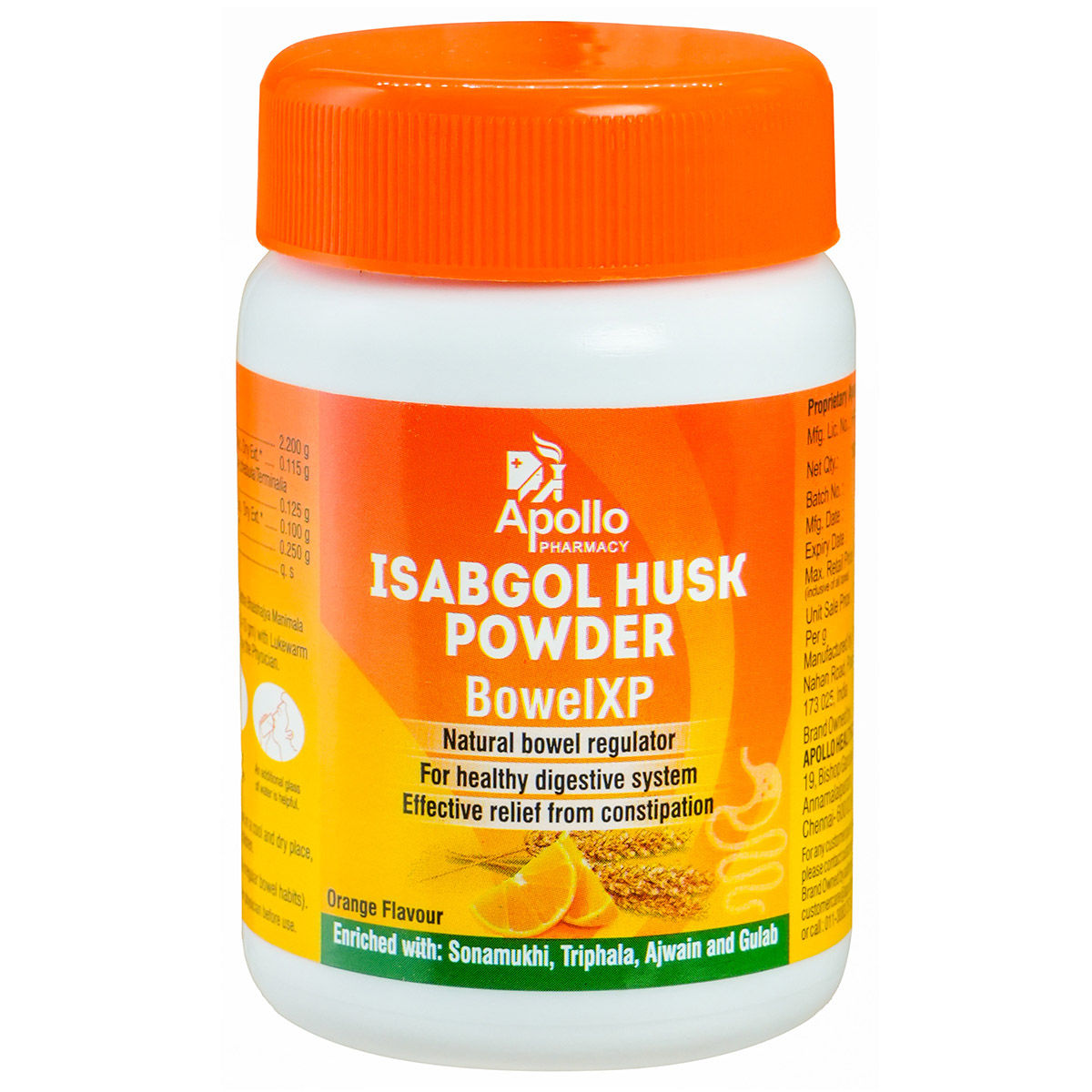Hepakind-300 Tablet 10's
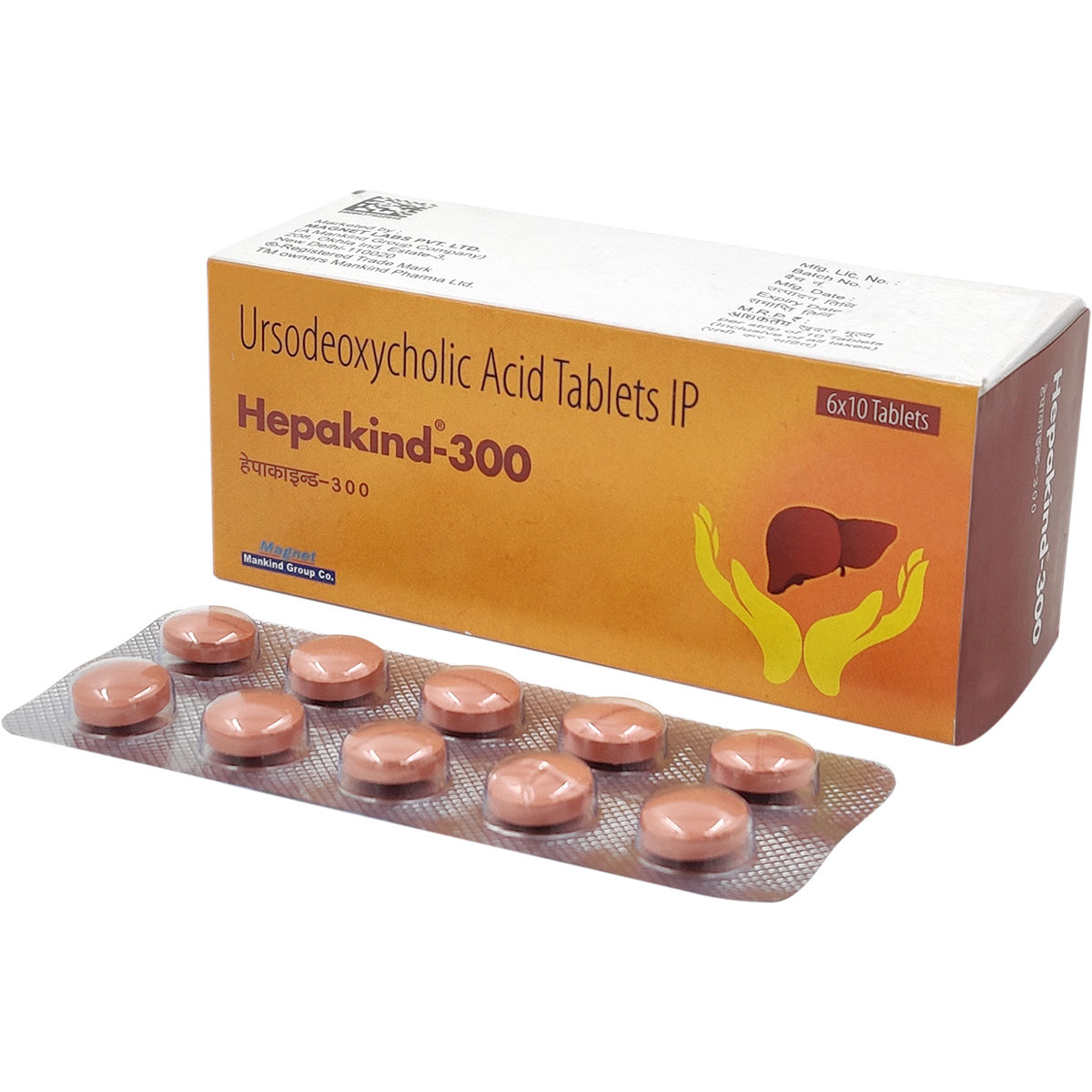


₹346.5*
MRP ₹385
10% off
₹327.25*
MRP ₹385
15% CB
₹57.75 cashback(15%)
Free Delivery
With Circle membership
(Inclusive of all Taxes)
This offer price is valid on orders above ₹800. Apply coupon PHARMA10/PHARMA18 (excluding restricted items)
Hepakind-300 Tablet is used to treat gallstones, primary biliary cholangitis (an autoimmune disease of the liver), excess cholesterol in bile and children above 6 years with biliary and liver diseases caused by cystic fibrosis. It contains Ursodeoxycholic acid, which helps decrease the production of cholesterol in the blood, thereby dissolving gall bladder stones composed mainly of cholesterol. It has a protective effect on the liver cells. Thus, it protects from injury caused by toxic bile acids and improves liver function. In some cases, you may experience certain common side effects such as abdominal discomfort, abdominal pain, diarrhoea, nausea, rash, dizziness, indigestion and weakness. Before taking this medicine, you should tell your doctor if you are allergic to any of its components or if you are pregnant/breastfeeding, and about all the medications you are taking and pre-existing medical conditions.
Know Your Delivery Time
Provide Delivery Location
 Prescription drug
Prescription drugWhats That
 50 people bought
50 people bought 
Secure Payment

India's Most Trusted Pharmacy

Genuine Products
Composition :
Manufacturer/Marketer :
Consume Type :
Return Policy :
Expires on or after :
About Hepakind-300 Tablet
Hepakind-300 Tablet is used to treat gallstones, primary biliary cholangitis (an autoimmune disease of the liver), excess cholesterol in the bile, and children above 6 years old with biliary and liver diseases caused by cystic fibrosis.
Hepakind-300 Tablet contains ursodeoxycholic acid, which helps decrease the production of cholesterol in the blood, thereby dissolving gallbladder stones composed mainly of cholesterol.
Not everyone who is taking Hepakind-300 Tablet will get these side effects. In some cases, you may experience certain common side effects such as abdominal discomfort, abdominal pain, diarrhoea, nausea, rash, dizziness, indigestion and weakness. Most of these side effects do not require medical attention and will resolve gradually over time. However, you are advised to talk to your doctor if you experience these side effects persistently.
Take Hepakind-300 Tablet as advised. Your physician will decide the dosage based on your medical condition. You can take Hepakind-300 Tablet with food to avoid any stomach upset. It is advised not to take more than the recommended dose of Hepakind-300 Tablet . Do not chew, crush, or break the medicine.
Inform your doctor before taking Hepakind-300 Tablet if you are allergic to it, or have variceal bleeding (high blood pressure in portal veins), ascites (excess abdominal fluid), or liver disease. Do not take Hepakind-300 Tablet if you are pregnant or breastfeeding unless prescribed. Hepakind-300 Tablet can be given to children above 6 years if prescribed by the doctor. Avoid consuming alcohol along with Hepakind-300 Tablet as it could lead to increased drowsiness and liver damage.
Uses of Hepakind-300 Tablet
• Treatment for Cholestasis: Hepakind-300 Tablet is frequently recommended to treat pregnancy-related cholestasis, a disorder marked by decreased bile flow that usually results in elevated blood bile acids.
• Promote Liver Function: Hepakind-300 Tablet may be used to enhance bile production and promote liver function, which will help with fat digestion.
• Gallstone Management: By dissolving certain type of gallstones, especially those composed of cholesterol, Hepakind-300 Tablet can help remove them and prevent gallbladder problems.
• Liver Diseases: To improve liver function, Hepakind-300 Tablet is occasionally included in treatment plans for a number of liver disorders, including fatty liver disease.
• Bile Acid Malabsorption: By assisting in the regulation of bile levels in the digestive tract, it may be helpful for individuals who are suffering from bile acid malabsorption, which causes gastrointestinal symptoms.
Directions for Use
- Hepakind-300 Tablet can be taken with food or as advised by your doctor.
- Follow your doctor's instructions on the dosage and timing of this medication.
- Swallow Hepakind-300 Tablet as a whole with a glass of water.
- Do not crush, break, or chew it.
Medicinal Benefits
- Hepakind-300 Tablet contains ursodeoxycholic acid, which is a naturally occurring bile acid. Hepakind-300 Tablet breaks down the cholesterol that has formed into gall bladder stones, thereby dissolving the stones.
- Hepakind-300 Tablet has a protective effect on the liver cells and the immune system, thereby improving liver function.
- Hepakind-300 Tablet decreases the amount of cholesterol produced by the liver and absorbed by the intestine.
- In patients with primary biliary cirrhosis, Hepakind-300 Tablet increases the bile flow.
How Hepakind-300 Tablet Works
Storage
- Inform Your Doctor: Notify your doctor immediately about your diarrhoea symptoms. This allows them to adjust your medication or provide guidance on managing side effects.
- Stay Hydrated: Drink plenty of fluids to replace lost water and electrolytes. Choose water, clear broth, and electrolyte-rich drinks. Avoid carbonated or caffeinated beverages to effectively rehydrate your body.
- Follow a Bland Diet: Eat easy-to-digest foods to help firm up your stool and settle your stomach. Try incorporating bananas, rice, applesauce, toast, plain crackers, and boiled vegetables into your diet.
- Avoid Trigger Foods: Steer clear of foods that can worsen diarrhoea, such as spicy, fatty, or greasy foods, high-fibre foods, and dairy products (especially if you're lactose intolerant).
- Practice Good Hygiene: Maintain good hygiene to prevent the spread of infection. To stay healthy, wash your hands frequently, clean and disinfect surfaces regularly, and avoid exchanging personal belongings with others.
- Take Anti-Diarrheal Medications: If your doctor advises, anti-diarrheal medications such as loperamide might help manage diarrhoea symptoms. Always follow your doctor's directions.
- Keep track of your diarrhoea symptoms. If they don't get better or worse or are accompanied by severe stomach pain, blood, or dehydration signs (like extreme thirst or dark urine), seek medical help.
- Drink water or other clear fluids.
- To prevent worsening of pain, limit intake of tea, coffee, or alcohol.
- Include bland foods like rice, toast, crackers, and rice in your diet.
- Avoid lying down immediately after eating as it may cause indigestion or heartburn.
- Avoid acidic and spicy food as it may cause indigestion.
- Inform your doctor about your constipation symptoms. They may adjust your medication or advise alternative treatments.
- Stay hydrated by drinking sufficient of water (at least 8-10 glasses a day) to help soften stool and promote bowel movements.
- Increase fibre intake by eating foods high in fibre, such as fruits, whole grains, vegetables and legumes, to help bulk up the stool.
- Establish a bowel routine by trying to go to the bathroom at the same time each day to train your bowels.
- Engaging in regular exercise, like walking or yoga, can support in bowel movement stimulation.
- Consult your doctor if constipation persists, and discuss alternative treatments or adjustments to your medication.
- Hydrate your body: Drink enough water to prevent dehydration and headaches.
- Calm Your Mind: Deep breathing and meditation can help you relax and relieve stress.
- Rest and Recharge: Sleep for 7-8 hours to reduce headache triggers.
- Take rest: lie down in a quiet, dark environment.
- Cold or warm compresses can help reduce tension.
- Stay Upright: Maintain good posture to keep symptoms from getting worse.
- To treat headaches naturally, try acupuncture or massage therapy.
- Over-the-counter pain relievers include acetaminophen and ibuprofen.
- Prescription Assistance: Speak with your doctor about more substantial drug alternatives.
- Severe Headaches: Seek emergency medical assistance for sudden, severe headaches.
- Frequent Headaches: If you get reoccurring headaches, consult your doctor.
- Headaches with Symptoms: Seek medical attention if your headaches include fever, disorientation, or weakness.
- Inform your doctor about dizziness symptoms. They may adjust your medication regimen or prescribe additional medications to manage symptoms.
- Follow your doctor's instructions for taking medication, and take it at the same time every day to minimize dizziness.
- When standing up, do so slowly and carefully to avoid sudden dizziness.
- Avoid making sudden movements, such as turning or bending quickly, which can exacerbate dizziness.
- Drink plenty of water throughout the day to stay hydrated and help alleviate dizziness symptoms.
- If you're feeling dizzy, sit or lie down and rest until the dizziness passes.
- Track when dizziness occurs and any factors that may trigger it, and share this information with your doctor to help manage symptoms.
- Inform your doctor about the symptoms you're experiencing due to medication.
- Your doctor may adjust your treatment plan, which could include changing your medication, adding new medications, or offering advice on managing your symptoms.
- Practice good hygiene, including frequent handwashing, avoiding close contact with others, and avoiding sharing utensils or personal items.
- Stay hydrated by drinking plenty of fluids to help loosen and clear mucus from your nose, throat, and airways.
- Get plenty of rest and engage in stress-reducing activities to help your body recover. If your symptoms don't subside or worsen, consult your doctor for further guidance.
- Focus on eating nutrient-rich foods such as citrus fruits, spinach, ginger, garlic, turmeric, and fermented foods to improve immunity and general health.
- Drink plenty of water to stay hydrated, and think about taking probiotics, zinc, vitamin C, and vitamin D supplements.
- Adopt healthful practices such as leading a balanced lifestyle and remaining at home when necessary.
What if I have taken an overdose of Hepakind-300 Tablet
Drug Warnings
Do not take Hepakind-300 Tablet if you are allergic to any of its contents or if you have inflammation of the gallbladder and bile ducts, narrowing or blockage of bile ducts, biliary colic, calcified gallstones, improper constriction of the gallbladder, or gastric or duodenal ulcer. Inform your doctor before taking Hepakind-300 Tablet if you have variceal bleeding (high blood pressure in portal veins), ascites (excess abdominal fluid), liver encephalopathy or liver disease. Consult your doctor before taking Hepakind-300 Tablet with other medicines like antibiotics (ciprofloxacin) and antihypertensive agents (nitrendipine), immunosuppressants (cyclosporine), and oral contraceptives (oestrogen).
Do not take Hepakind-300 Tablet if you are pregnant or breastfeeding unless prescribed. Hepakind-300 Tablet can be given to children above 6 years only if prescribed by the doctor. Avoid consuming alcohol along with Hepakind-300 Tablet as it could lead to increased drowsiness and liver damage. Keep your doctor informed about your health condition and medicines to rule out any unpleasant side effects. Do not drive or operate machinery unless you are alert.
Store Hepakind-300 Tablet at room temperature. You are advised not to chew, crush or break the medicine. Keep the medicine out of reach of children. Please do not take more than the recommended dose of medicine, as it can cause undesirable effects. It is always important to check for the expiry of the medicine. Discard the medicine if it reaches the expiry date.
Drug-Drug Interactions
Drug-Drug Interactions
Login/Sign Up
Drug-Food Interactions
Drug-Food Interactions
Login/Sign Up
Diet & Lifestyle Advise
- Include foods such as bell peppers, citrus fruits, leafy vegetables, tomatoes, milk, fish, low-fat dairy, beans, nuts, lentils, tofu and tempeh in your diet.
- Eat a healthy, well-balanced diet, which includes fruits and vegetables.
- Foods rich in vitamins B and C and calcium are good for the gallbladder.
- Plant-based protein foods such as beans, nuts, lentils, tofu and tempeh help prevent gallbladder disease.
- Avoid high-fat, trans-fat and processed foods.
- White bread, white pasta and sugars should be avoided.
- Avoid tobacco and alcohol consumption.
Habit Forming
Therapeutic Class
Product Substitutes
Alcohol
Unsafe
Avoid consumption of alcohol while taking Hepakind-300 Tablet as it may cause increased dizziness and liver damage.
Pregnancy
Consult your doctor
Hepakind-300 Tablet belongs to pregnancy category B. Please consult your doctor if you have any concerns regarding this. Your doctor will prescribe only if the benefits outweigh the risks.
Breast Feeding
Consult your doctor
Consult your doctor before taking Hepakind-300 Tablet ; your doctor will decide whether breastfeeding mothers can take Hepakind-300 Tablet or not.
Driving
Consult your doctor
Hepakind-300 Tablet does not affect your ability to drive. However, you are advised to be cautious while driving if you experience dizziness.
Liver
Caution
Dose adjustment may be needed in patients with liver impairment. Please consult your doctor if you have a liver impairment or any concerns regarding this.
Kidney
Caution
Dose adjustment may be needed in patients with kidney impairment. Please consult your doctor if you have kidney impairment or any concerns regarding this.
Children
Caution
Hepakind-300 Tablet can be given to children with caution above 6 years and only if prescribed by the doctor.

Have a query?
FAQs
Hepakind-300 Tablet is used to treat gallstones, primary biliary cholangitis (an autoimmune disease of the liver), excess cholesterol in bile and children above 6 years with biliary and liver diseases caused by cystic fibrosis.
Hepakind-300 Tablet works in decreasing the production of cholesterol and by dissolving the cholesterol in bile, thereby preventing the formation of gallstones. Hepakind-300 Tablet decreases the toxic levels of bile acids that accumulate in primary biliary cirrhosis.
Do not discontinue Hepakind-300 Tablet without consulting your doctor. To treat your condition effectually, continue taking Hepakind-300 Tablet for as long as prescribed. Do not be reluctant to speak with your doctor if you have any difficulty taking Hepakind-300 Tablet .
Diarrhoea might be a side-effect of Hepakind-300 Tablet . Drink lots of fluids and eat food rich in fibre if you experience diarrhoea. If you find blood in stools (tarry stools) or if you experience excess diarrhoea, consult your doctor. Do not take anti-diarrheal medicine on your own.
Avoid taking aluminium-containing antacids along with Hepakind-300 Tablet , as they might interfere with its absorption. Maintain a gap of 2 hours between both.
Hepakind-300 Tablet might reduce the absorption of antibiotics (ciprofloxacin and dapsone) and antihypertensive agents (nitrendipine). Hepakind-300 Tablet might increase the effect of immunosuppressants (cyclosporine). Cholesterol-lowering agents (clofibrate) might promote the formation of gallstones. Inform your doctor before taking Hepakind-300 Tablet with other medicines to avoid unpleasant side effects.
Oral contraceptives (oestrogen) might promote the formation of gallstones. Consult your doctor if you have any concerns regarding this, your doctor may advise other contraception methods.
There is no evidence that Hepakind-300 Tablet affects fertility. Please consult the doctor if you have any concerns regarding this.
Hepakind-300 Tablet should be given to paediatric patients only if prescribed by the doctor. It may be used in children above 6 years with liver and biliary diseases caused by cystic fibrosis.
The doctor will determine when to take Hepakind-300 Tablet based on your condition. Hepakind-300 Tablet should be taken after a meal with a glass of milk or a small snack. Take the prescribed number of tablets distributed throughout the day as advised by the physician.
Yes, Hepakind-300 Tablet is safe to use if prescribed by the doctor. Like all medicines, Hepakind-300 Tablet may also cause side effects in some people. However, if any of the side effects are bothersome, please consult the doctor.
Hepakind-300 Tablet has a protective effect on the liver cells from injury caused by toxic bile acids and improves liver function.
Hepakind-300 Tablet may cause weight gain in some people. Consult the doctor if you notice rapid weight gain, especially in your face and midsection.
Avoid taking other medicines concomitantly with Hepakind-300 Tablet as it might reduce or intensify the effect of other medicines. Colestyramine and colestipol should be taken 2 hours before or after Hepakind-300 Tablet . Consult your doctor before taking Hepakind-300 Tablet with other medicines as Hepakind-300 Tablet might reduce the absorption of antibiotics (ciprofloxacin and dapsone) and antihypertensive agents (nitrendipine), increase the effect of immunosuppressants (cyclosporine), oral contraceptives (oestrogen) and cholesterol-lowering agents (clofibrate) might promote the formation of gallstones.
Country of origin
Manufacturer/Marketer address
Customers Also Bought
Disclaimer
Author Details
We provide you with authentic, trustworthy and relevant information
Recommended for a 30-day course: 3 Strips











